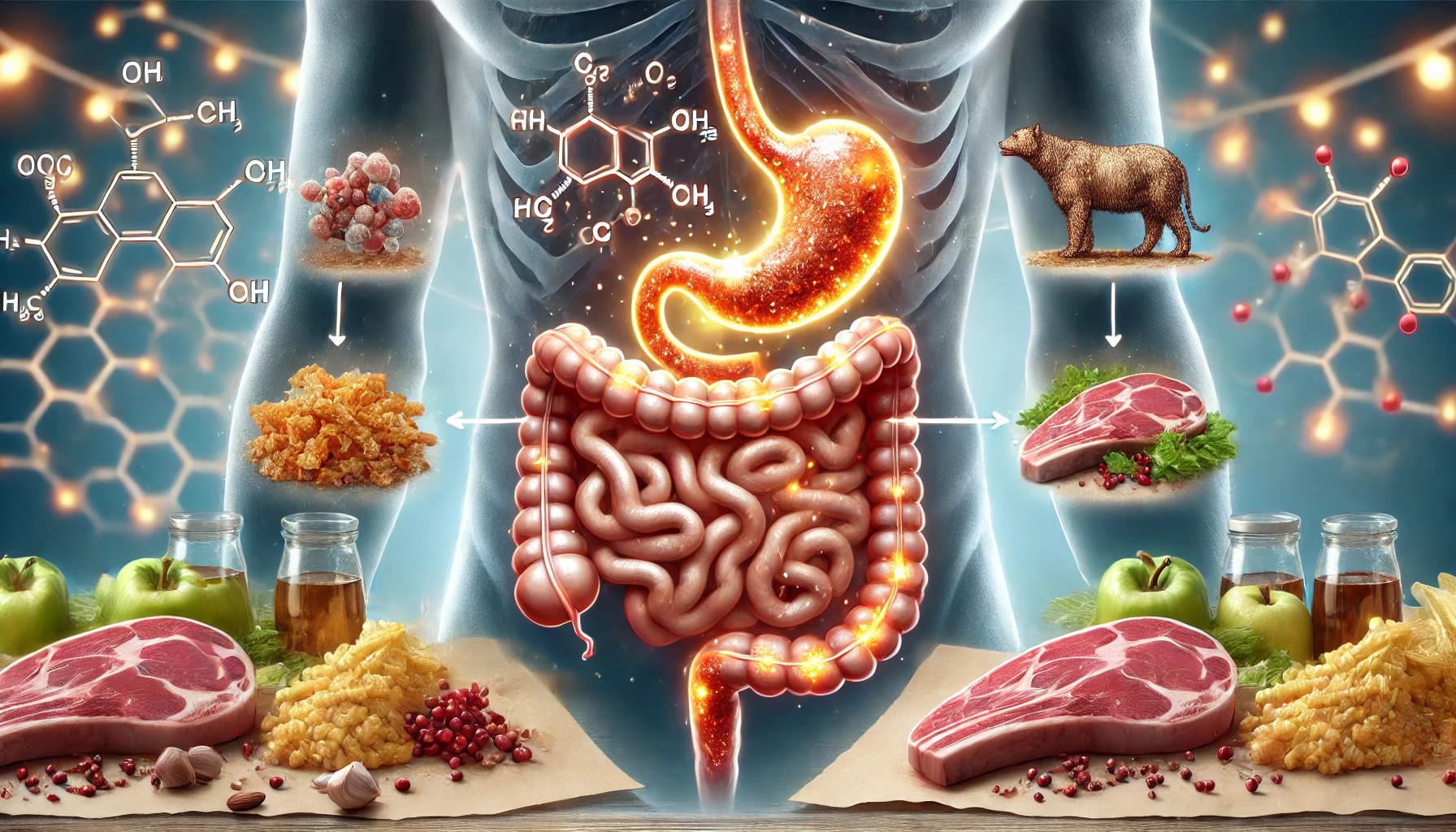The carnivore diet, characterized by consuming exclusively animal products, has gained popularity among those seeking alternative nutritional approaches. One crucial aspect of this diet that deserves attention is the role of digestive enzymes. These biological catalysts are essential for breaking down food into absorbable nutrients, and their function becomes particularly important when adopting a meat-centric eating pattern.
Digestive Enzyme Production on a Carnivore Diet
When transitioning to a carnivore diet, the body undergoes significant adaptations in its enzymatic profile. The pancreas, stomach, and small intestine adjust their secretions to accommodate the higher protein and fat intake while reducing enzymes dedicated to carbohydrate digestion.
Protein Digestion
The carnivore diet is naturally high in protein, requiring robust protease activity. The stomach increases production of pepsin, initiated by hydrochloric acid, which begins breaking down proteins into smaller peptides. The pancreas contributes by secreting trypsin and chymotrypsin, which further break down these peptides in the small intestine.
Fat Digestion
Animal-based diets are typically rich in fats, necessitating efficient lipase production. The pancreas releases pancreatic lipase while the liver produces bile, which emulsifies fats to make them more accessible to digestive enzymes. This process is crucial for the absorption of fat-soluble vitamins (A, D, E, and K) abundant in animal foods.
Carbohydrate Digestion
While amylase production may decrease on a strict carnivore diet due to minimal carbohydrate intake, the body maintains some capacity for digesting the small amounts of glycogen present in animal tissues.
Adaptation Period and Enzymatic Adjustment
Many people report an adaptation period when starting a carnivore diet, often lasting from a few weeks to several months. During this time, the digestive system recalibrates its enzymatic output to match the new nutritional profile:
- Initial adjustment may involve temporary discomfort as enzyme production scales up to match increased protein and fat consumption
- The stomach often increases acid production to facilitate protein breakdown
- Bile production typically increases to handle higher fat intake
- Pancreatic enzyme secretion patterns shift to favor proteases and lipases
Potential Enzymatic Challenges
Some individuals may face challenges with enzymatic adaptation when transitioning to a carnivore diet:
- Those with gallbladder issues may struggle with fat digestion due to insufficient bile production
- People with pancreatic insufficiency might have difficulty producing adequate enzymes for protein and fat digestion
- Individuals with long-term low-protein diets may initially struggle with producing sufficient proteases
Supporting Digestive Enzyme Function
Several strategies can support optimal enzymatic function on a carnivore diet:
Natural Approaches
- Consuming bone broth, which contains natural amino acids that support digestion
- Including organ meats like liver, which provide nutrients that support enzymatic function
- Practicing proper meal timing to allow complete digestion between meals
Supplemental Support
For those with persistent digestive issues, targeted supplementation may be beneficial:
- Betaine HCl may support protein digestion for those with insufficient stomach acid
- Ox bile supplements can assist those with compromised gallbladder function
- Comprehensive digestive enzyme supplements containing proteases and lipases may help during the transition period
Conclusion
Digestive enzymes play a vital role in the success and sustainability of a carnivore diet. While the human body demonstrates remarkable adaptability in adjusting enzymatic production to match dietary patterns, understanding this process can help individuals navigate the transition more effectively. By supporting natural enzyme production and addressing individual limitations, those pursuing a carnivore diet can optimize their digestive function and nutrient absorption.


